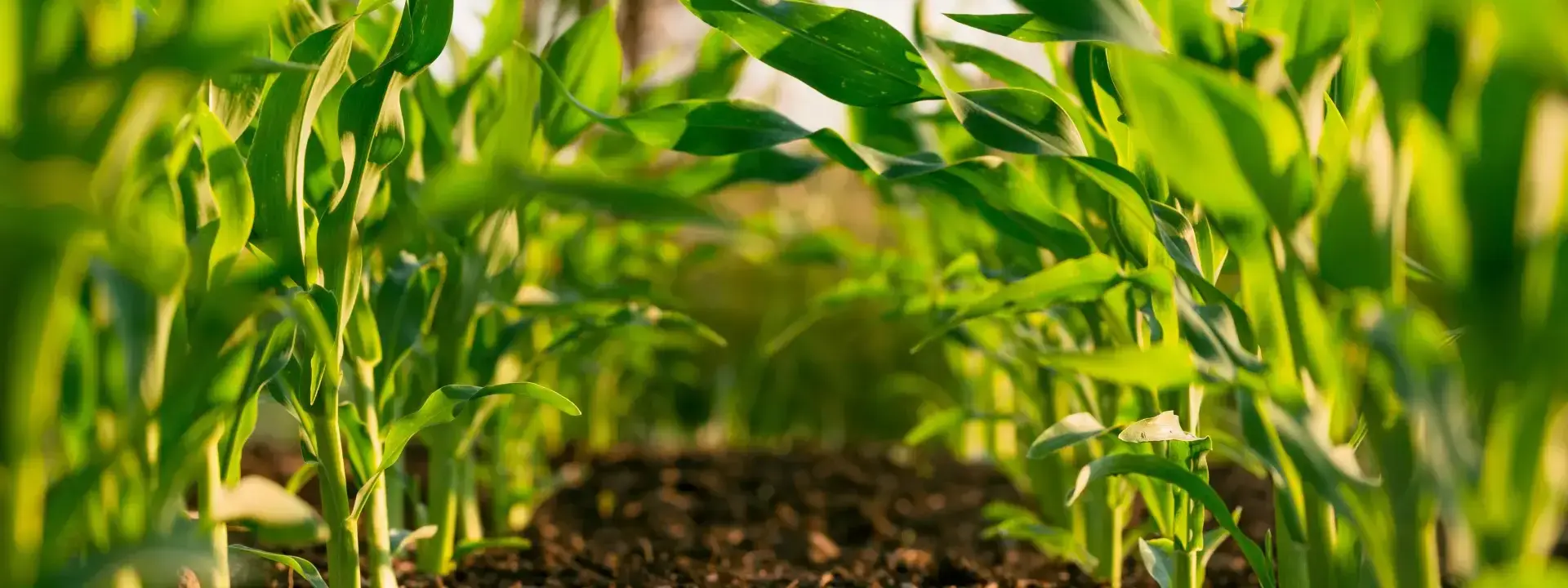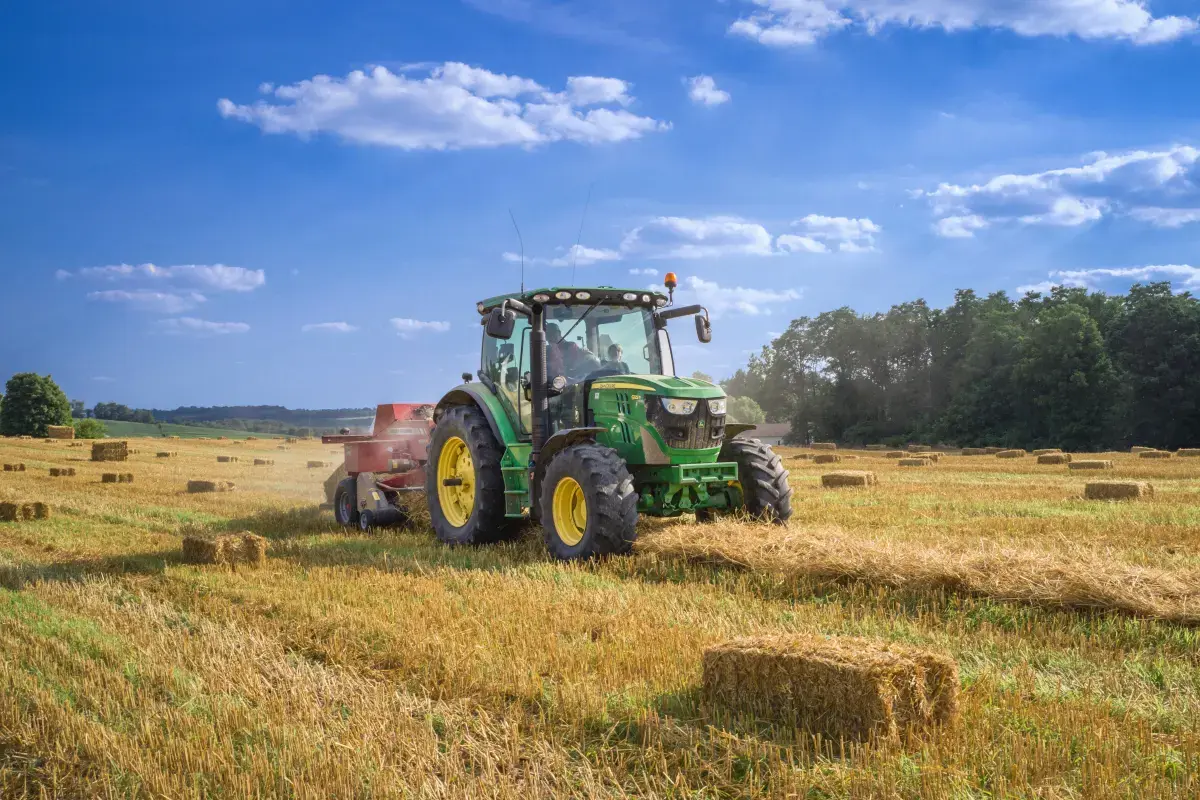
Agriculture, Conservation & Farming Services in Japan
Find the Best Agriculture, Conservation & Farming Work in Japan Near You
Hire the Most Trusted Local Agriculture, Conservation & Farming Workers Near Me. Choose how you work. Choose who you hire.

Find & Hire Agriculture, Conservation & Farming Experts via our 4 Flexibile Work Services in Japan
Choose which service works for you to find, hire and recruit highly skilled and trusted Japanese Agriculture, Conservation & Farming Experts
Gigs
Jobs
Volunteers
Promote
How the gigexchange Japan gig economy service works?
Create Your Gig Economy Listing in Japan
Post any gig job work task you need completed by our experts
Select the Best Freelancers & Gig Workers in Japan
Select from our trusted & verified Japanese self-employed gig workers
Safe & Secure Financials in Japan
We hold the money while the work gets completed to your satisfaction
How the gigexchange Japan job portal website works?
Business & Recruiters in Japan
Advertise your Agriculture, Conservation & Farming Jobs for FREE to recruit and employ the best job seekers in Japan
Job Hunters in Japan
Search for Full-Time & Contract Jobs. Find your dream Japanese job through our online recruitment & employment platform.
How the gigexchange Japan volunteering platform works?
Charities & Non-Profit Organisations in Japan
Post a Volunteer Advert for FREE, always!
Volunteers in Japan
Search and find volunteering roles in Japan
How the gigexchange Japan advertising service works?
Post a Classified Ads in Japan
Advertise your Agriculture, Conservation & Farming business service in Japan for FREE
Find New Customers in Japan
Connect and engage with new customers in Japan
Feedback, Ratings & Reviews
Grow your brand on gigexchange through our Customer Testimonials & Accredited Reviews
Check our Agriculture, Conservation & Farming Services
What is the Agriculture, Conservation & Farming Industry in Japan
Agriculture is a key industry in Japan, employing around 3.2 million people and comprising roughly 1.8% of the country’s GDP (Gross Domestic Product). The agricultural sector plays an important role in providing food security for Japanese citizens as well as supplying inputs to other industries such as manufacturing which relies on quality raw materials from agriculture farms. While rice continues to be one of the main crops grown by farmers in Japan, there has been a shift towards diversifying output so that different types of vegetables and various livestock products are also produced - this includes dairy products such as milk and cheese, eggs, fish/seafood items such as tuna or salmon for sushi dishes , fruits like apples or oranges; tea leaves used to make matcha drinks; soybean-based foods including tofu; meat products derived from beef cattle farming operations etc... The importance lies not only within just producing these goods but how they can contribute positively within local communities through creating good employment opportunities with decent living wages while stimulating economic activity at all levels – small businesses selling produce directly benefit more than larger agribusinesses when negotiating price points with potential buyers. This allows consumers access high quality fresh ingredients right across the country whether it’s rural areas needing fruit & veg supplies due their remoteness or urban centers accessing locally sourced popular dishes via supermarkets /restaurants nearby – meaning increased job creation throughout both regions whilst contributing significantly towards the nations overall economy growth each year too!

What is the role & importance of the Agriculture, Conservation & Farming Industry Associations in Japan
Agriculture industry associations play an important role in the Japanese economy, providing assistance to farmers, encouraging innovation and promoting sustainability. They are also a key part of Japans agricultural policy development process as they represent both producers and consumers interests within the sector. The main responsibilities that agriculture industry associations undertake include: educating members on current farming practices; representing their industries while working together with officials from government offices; informing public opinions about policies related to agriculture through press releases or media campaigns; collecting market data for monitoring supply chains (e.g., prices); acting as mediators between buyers and sellers during negotiations over contracts; organizing collective actions such as protests against unfair trade practices by competitors abroad (in coordination with other organizations). Moreover, due to increasing concern over potential damage caused by globalization processes, many of these organizations have become active players in international negotiations pertaining directly or indirectly affect food production systems across countries – participating actively at conferences sponsored by WTO/GATT regimes etc where appropriate levels of tariff protection may be discussed amongst others topics addressed there-by safeguarding commodities produced domestically under threat posed otherwise externally . Finally In addition some have taken up initiatives geared toward environmental conservation efforts too– tackling issues like water pollution & deforestation encountered more often recently across agro-ecosystems globally particularly those located adjacent rivers sources used significantly among local subsistence subpopulations relying upon them heavily when it comes accessing natural resources necessary sustaining livelihoods year round vulnerablely exposed surrounding rural prioritizations making limited tangible support accessible therein..

What are the benefits of joining a Agriculture, Conservation & Farming Industry Association in Japan
Networking Opportunities: Joining an agriculture association in Japan can give members access to a vast network of contacts, providing opportunities for collaboration and exchange of ideas between industry experts as well as information about investment possibilities. 2. Professional Development & Training: Associations often host conferences and seminars that enable attendees to expand their knowledge about the latest trends or changes within the agricultural sector, sharpen their skillset by attending workshops, or gain insight from other practitioners with similar interests in order to enhance innovative thinking within business operations. This type of professional development can be invaluable when trying to stay ahead of competition and keep up with changing regulations related health safety standards etc.. 3. Access To Resources: Agricultural associations provide members with resources through publications such as newsletters which report on current events in this field while giving them access to market intelligence data/research concerning consumer behaviour regarding food product consumption patterns both domestically abroad – helping farmers gauge potential demand conditions before investing resources into new ventures thereby lowering risk exposure increasing profits margins at same time; additionally they offer discounted supplies equipment services such technical consulting setting up farm mechanics etc… 4. Representation & Support : Being part a larger collective body gives individual farmers government representatives more political clout enabling higher levels representation lobbying thus creating greater chance success convincing policy makers implement necessary reforms implementation measures promote sustainability long-term progress country’s entire agriculture industry .

What are the current work opportunities in the Agriculture, Conservation & Farming Industry in Japan
Self-Employed/Freelance: With the recent rise in entrepreneurs, self-employment opportunities have also increased in Japan’s agriculture industry. Individuals are able to start and run their own farm businesses either on a small scale or larger commercial operation depending on their goals and capital investment requirements. Additionally, with the growth of technology within this sector there is an opportunity for freelance agricultural professionals such as agronomists who provide advice to farmers helping them improve crop yields . 2. General Job Market: The general job market for those looking for work within the Japanese Agriculture Industry offers many different types of roles ranging from hands-on field workers through to more office based technical jobs like data analysts or engineering positions with companies involved in this area including seed developers, pesticides manufacturers etc.. Educational institutions may offer both teaching roles along research posts which could require specific backgrounds related crops production techniques among other topics while government agencies will often be recruiting staff that can help regulate activities across all levels of activity making sure regulations are being followed accordingly by everyone throughout organizations they oversee (food safety standards). 3. Volunteering Opportunities – There are various ways individuals interested volunteering time towards improving outcomes within Japans Agricultural Sector such as working at local farms (eithr part time during certain seasons or fulltime) where you would focus mainly day labor duties whilst learning about modern practices first hand; joining programs set up non governmental organization & charities aimed supporting smaller rural communities so they benefit from better access resources necessary success ingovernable farming operations; equine therapy studios providing therapeutic riding sessions vulnerable groups project areas initiatives designed promote sustainability & environmental conservation efforts amongst others - all these options plus contributed valuable skills experience over course your stay country!







